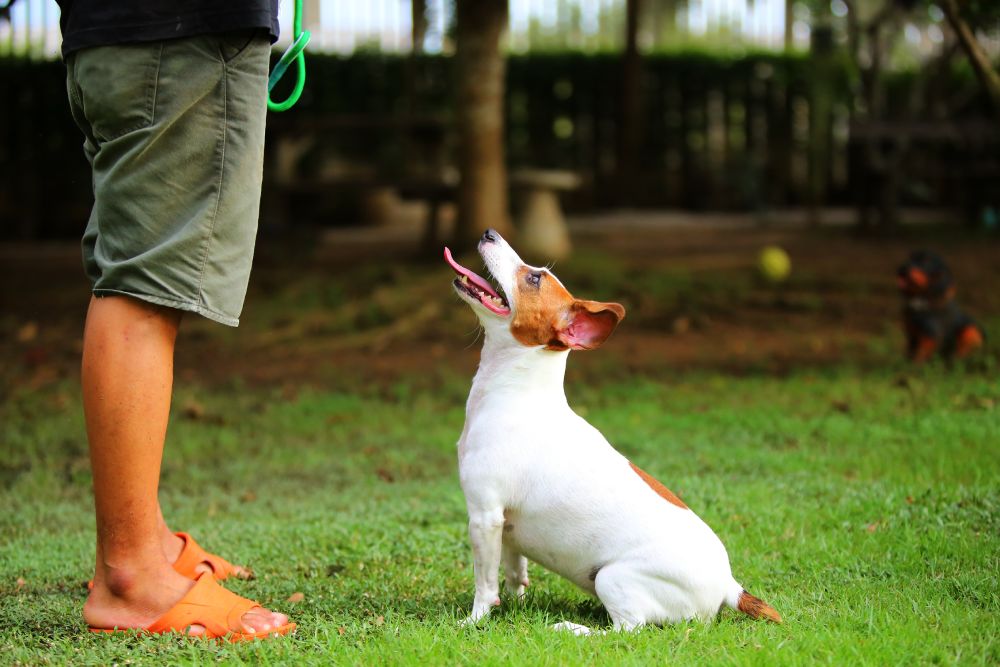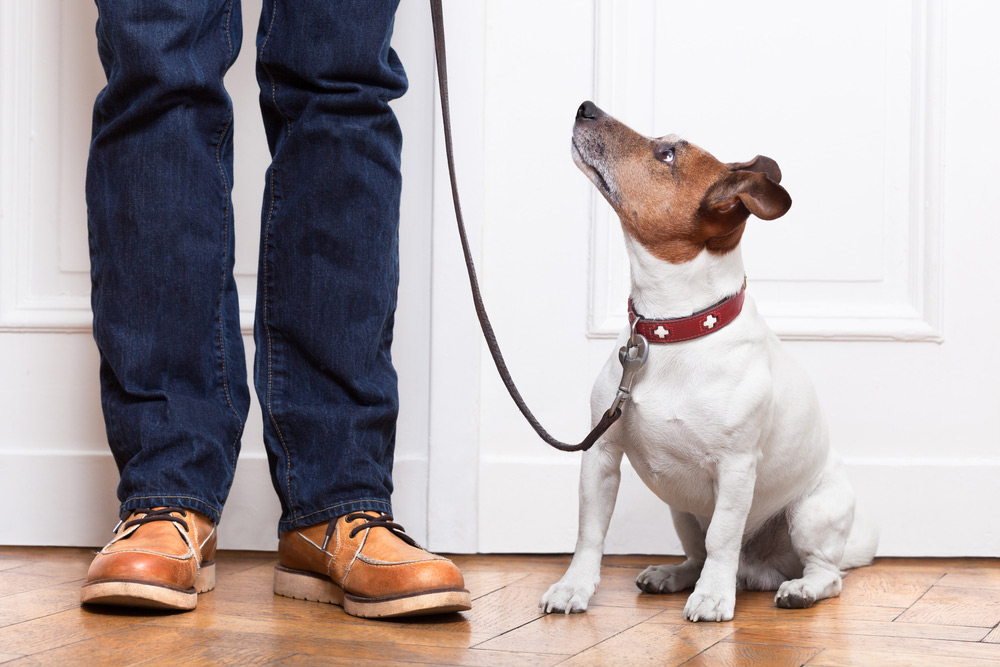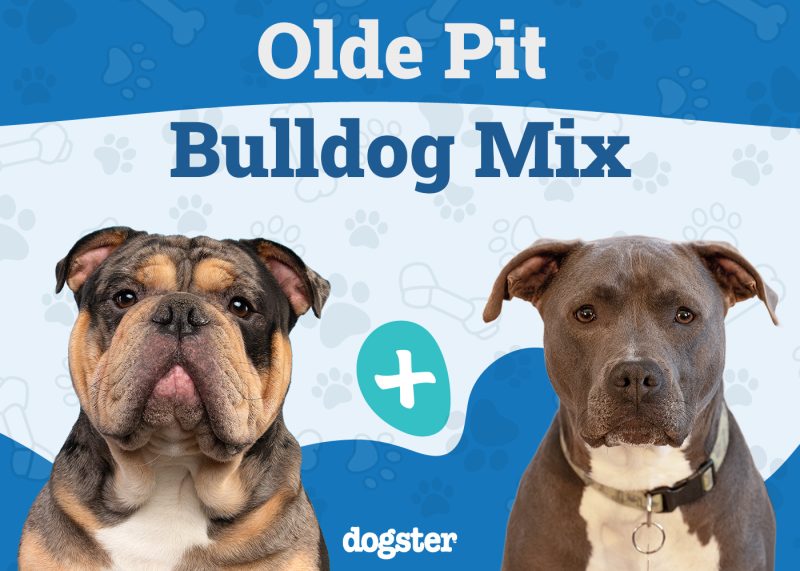Dogs are amazing animals with exceptional hearing and noses so sensitive that they can detect scents indiscernible to humans! One thing that many people wonder about is these animals’ memory, especially the short-term type and how long it lasts. The short answer is that a dog’s short-term memory lasts up to 4 minutes, but read on as we dive into this topic and talk about the studies and scientific evidence regarding canine memory.

How Long Is a Dog’s Short-Term Memory?
Scientists studied how long dogs can retain short-term information. They placed an object in a container in front of various dogs and then prevented them from retrieving it for longer and longer intervals (0, 30, 60, 120, and 240 seconds, etc.), up to 4 minutes. The study showed that the dogs’ ability to retain information was in constant decline as time passed.1 Still, even at 4 minutes, their ability to choose the right container was better than that of a random chance.
Most experts believe that a dog’s memory is reliable for up to about 2 minutes. Tasks that involve direct rewards, such as getting a treat, often get the best results, suggesting that motivation plays a key role in memory retention.

Factors That Can Influence a Dog’s Memory
1. Age
Like humans, dogs tend to lose their memory as they age, which might also affect their short-term memory. Dogs affected with cognitive decline can lose previously known commands and house training. They also struggle to learn new commands. Conversely, curious puppies can show an amazing ability to remember short-term events for an extended period.
2. Training
Regular training can play a vital role in helping your dog retain their memory. Activities that challenge their minds, like learning new tricks and playing puzzle games, can stimulate the brain. Also, the more training is repeated the stronger their associative memory of that command will be.

3. Health and Nutrition
Your dog’s gut health can directly affect their memory, behavior, and mood. Their general physical and mental health is likely to impact their cognitive abilities. Eating high-quality food supplemented with nutrients that include antioxidants and fatty acids might also help improve their memory.
4. Sleep
Just like humans, dogs need adequate rest for their brains to process and store new information effectively. Sleep can improve their performance with regards to learned tasks, and equally learning new tasks impacts their sleeping brainwaves.

Frequently Asked Questions (FAQ)
How Long Is a Dog’s Long-Term Memory?
A dog’s long-term memory can last for quite a long time, with studies showing that they can remember their mothers for at least two years after birth. Many dogs will have lifelong associative memories of commands and past experiences that affected their lives.
Do Dogs Remember Their Owners?
Anecdotally, dogs can remember their owners even after long periods of separation. Their strong sense of smell also helps them identify familiar people through associative memory.

How Does a Dog’s Memory Compare to a Human’s Memory?
Dogs and humans have different types of memory. For instance, dogs have strong associative memory, which means they often remember things because they associate them with certain smells, sights, and locations. However, humans have more advanced episodic and semantic memory systems that enable us to remember events and situations more completely.

In Summary
Your dog’s short-term memory is quite short, with good recall limited to about 2 minutes, though they may be able to remember certain things for up to 4 minutes. More intelligent breeds, like the Border Collie and the German Shepherd, may have longer short-term memories. Other things might also affect retention, including age, health, and the amount of sleep that they get. Training your dog and providing them with a high-quality diet can help them develop a longer memory.
See also:
- How to Stop a Dog From Pulling While Walking: 8 Vet-Approved Tips
- 10 Interesting Irish Terrier Facts (Vet-Verified)
Featured Image Credit: mjt, Shutterstock






















